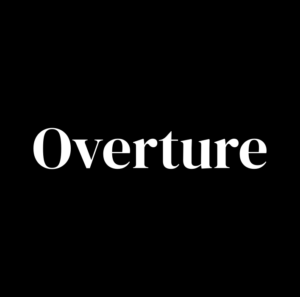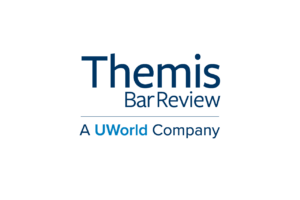Biglaw Firms Pledge To Help Lawyers Struggling With Substance Abuse, Mental Health Issues
Far too many lawyers and legal professionals have suffered in silence for far too long. It's time to do something about it.
 Thanks to a recent study by the Hazelden Betty Ford Foundation and the American Bar Association Commission on Lawyer Assistance Programs, we know that between 21 and 36 percent of licensed, employed attorneys qualify as problem drinkers, about 28 percent struggle with some level of depression, 19 percent demonstrate symptoms of anxiety, and 23 percent have difficulties with stress. This has been the case for years, and we fear that these startling numbers may be on the low end of the scale — after all, not everyone with a mental health or substance-abuse problem is willing to admit it to themselves or others.
Thanks to a recent study by the Hazelden Betty Ford Foundation and the American Bar Association Commission on Lawyer Assistance Programs, we know that between 21 and 36 percent of licensed, employed attorneys qualify as problem drinkers, about 28 percent struggle with some level of depression, 19 percent demonstrate symptoms of anxiety, and 23 percent have difficulties with stress. This has been the case for years, and we fear that these startling numbers may be on the low end of the scale — after all, not everyone with a mental health or substance-abuse problem is willing to admit it to themselves or others.
The ABA is now offering law firms a way to bring greater awareness to these issues and help attorneys in need.
The ABA rolled out this initiative today, and its leaders hope that all law firms will adopt its seven-point framework by the start of 2019. Thus far, more than a dozen leading law firms have pledged to become part of the inaugural class of employers for this compassionate campaign. The American Lawyer has some additional details:

Law Firms Now Have A Choice In Their Document Comparison Software
Am Law 100 firms Akin Gump, Duane Morris, Latham & Watkins, Morgan Lewis & Bockius, Nixon Peabody, Perkins Coie, Reed Smith and Seyfarth Shaw have already signed on to be part of the inaugural class of employers. They are joined by Am Law 200 firms Honigman Miller Schwartz and Cohn, Schiff Hardin, Snell & Wilmer, Wiley Rein, along with Butte, Montana-based Corette Black Carlson & Mickelson. The ABA is also asking all entities that employ lawyers, including corporate legal departments, to make the pledge and join the group.
The framework, developed by lawyer and alcohol and drug counselor Patrick Krill, seeks to reduce the level of substance abuse in the profession.
Krill’s framework involves firms providing “enhanced and robust education” on healthful living to all attorneys and staff; decreasing the number of drinking-based law firm events and providing non-alcoholic alternatives; developing partnerships with lawyer assistance programs and other experts with an eye toward reducing substance abuse; pledging to provide confidential access to addiction and mental health experts; adopting back-to-work policies for employees following treatment of substance use and mental health problems; offering programming to improve mental and emotional well-being; and highlighting the availability of these programs as a recruiting tool.
“I wholeheartedly support this important effort to assist and improve the health of lawyers in this country,” said ABA President Bob Carlson. “Many lawyers have struggled with alcohol, other substance-use or mental health disorders, and many more of us have watched friends wrestle with them. This pledge campaign will give these issues the attention they deserve by raising awareness throughout the profession and making help available to lawyers in need. I hope all law firms consider taking the pledge.”
Far too many lawyers and legal professionals have suffered in silence for far too long with mental health and substance-abuse problems. The more law firms that adopt this worthy pledge to offer their employees the assistance that they need, the better.
Sponsored

Referral Fees The Key To Growing A Modern Practice? Overture Thinks So.

How Savvy Lawyers Build Their Law Firm Rate Sheet

Trust The Process: How To Build And Manage Workflows In Law Firms

Trust The Process: How To Build And Manage Workflows In Law Firms
ABA Sounds New Alarm on Substance Abuse, and Firms Pledge Action [American Lawyer]
 Staci Zaretsky is a senior editor at Above the Law, where she’s worked since 2011. She’d love to hear from you, so please feel free to email her with any tips, questions, comments, or critiques. You can follow her on Twitter or connect with her on LinkedIn.
Staci Zaretsky is a senior editor at Above the Law, where she’s worked since 2011. She’d love to hear from you, so please feel free to email her with any tips, questions, comments, or critiques. You can follow her on Twitter or connect with her on LinkedIn.
Sponsored

Law Firms Now Have A Choice In Their Document Comparison Software








